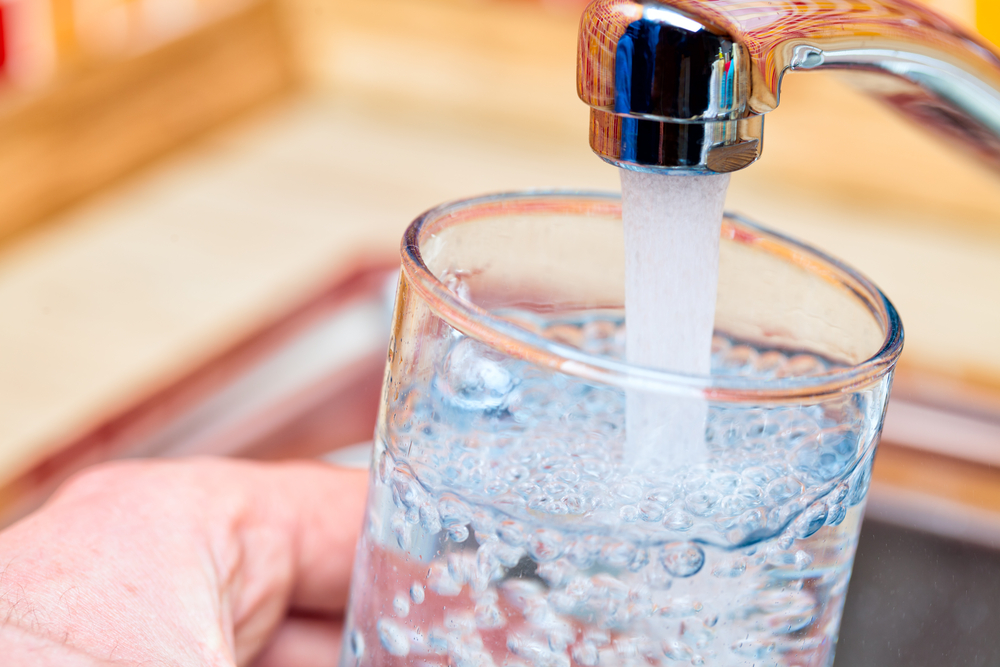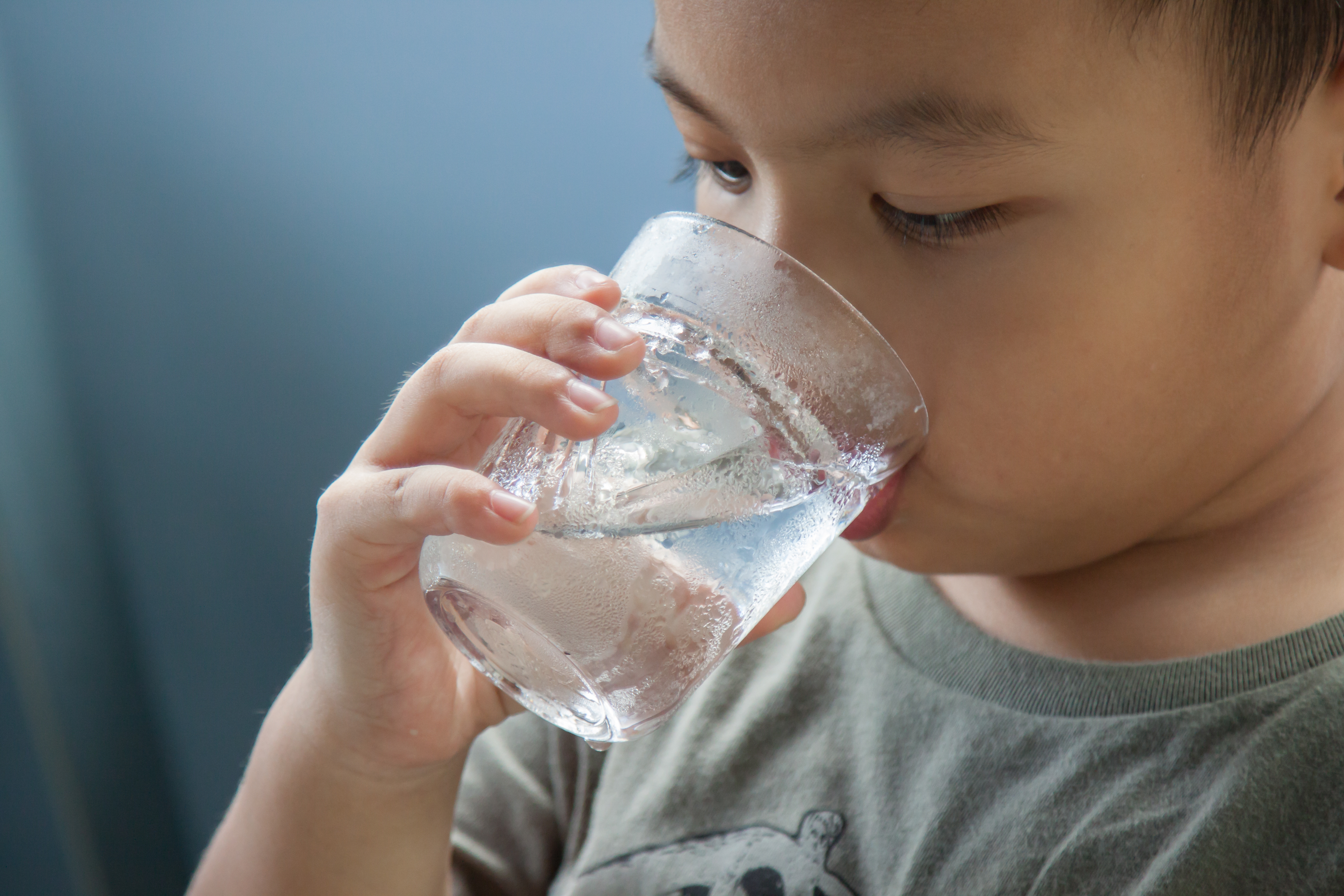Carbonated water (also known as soda water, glowing water, fizzy water, water past gas or (especially in the U.S.) as seltzer or seltzer water) is water containing dissolved carbon dioxide gas, either artificially injected below pressure or happening due to natural geological processes. Carbonation causes little bubbles to form, giving the water an effervescent quality. Common forms adjoin glowing natural mineral water, club soda, and commercially-produced sparkling water.
Club soda and sparkling mineral water and some new sparkling waters contain extra or dissolved minerals such as potassium bicarbonate, sodium bicarbonate, sodium citrate, or potassium sulfate. These occur naturally in some mineral waters but are furthermore commonly added artificially to manufactured waters to mimic a natural appearance profile. Various carbonated waters are sold in bottles and cans, bearing in mind some furthermore produced upon demand by announcement carbonation systems in bars and restaurants, or made at house using a carbon dioxide cartridge.
Carbonated water is a key ingredient in soft drinks: lovely beverages that typically consist of carbonated water, a sweetener and a flavoring, such as cola, root beer, or orange soda. Plain carbonated water is often consumed as an stand-in to soft drinks; some brands, such as La Croix, build unsweetened seltzer products that are lightly flavored by the auxiliary of aromatic ingredients such as indispensable oils. Carbonated water is often consumed unclean taking into account fruit juice to make glowing punches or further cocktails, or infused behind tune by the addition of cut-up buoyant fruit or mint leaves.
If You're Drinking Tap Water, You're Consuming Pollutants
New Investigation Reveals Why Harmful Chemicals Remain in Firefighting Foam and Contaminate
How much water should I drink each day?



No comments:
Post a Comment